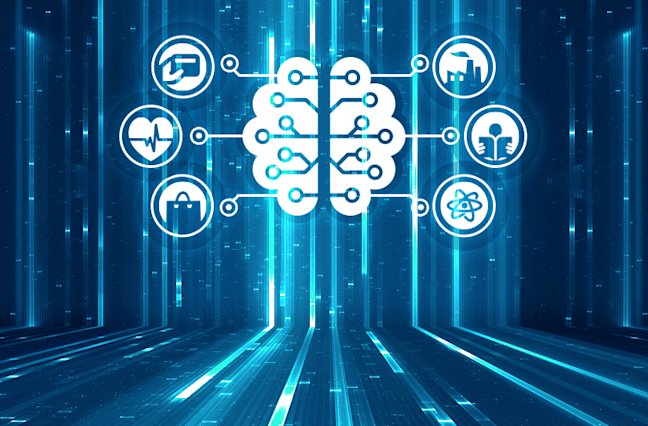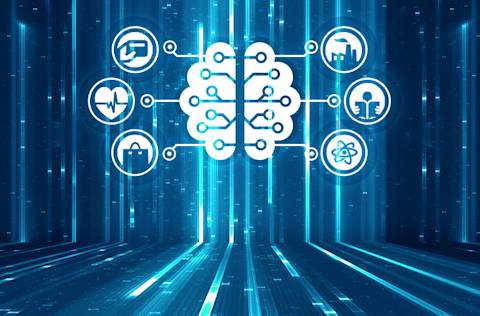25 surefire ways to improve customer satisfaction
Discover our curated list of strategies and examples for improving customer satisfaction and customer experience in your call center.
Solutions
Products
Customers
Resources
Company
The Team at CallMiner
April 17, 2018


Updated May 31, 2022
Artificial intelligence (AI) is about to transform every segment of our economy by bringing human intelligence into computing and allowing machines to learn from experience and make human-like decisions. AI helps businesses automate routine tasks, better understand their customers by analyzing their behavior, reduce operational costs, and personalize experiences. After discussing the overall benefits and challenges of AI, today we look into how the new intelligent technologies shape and disrupt different industries.
As online transactions grow more popular every year, the finance and banking industry faces increasingly complex identity theft and fraud loss cases. AI can bring financial cybersecurity to the next level, as systems using deep learning technologies are able to analyze patterns and spot suspicious behavior and potential fraud.
In healthcare, AI can provide tremendous help in analyzing complex medical data such as X-rays, CT scans, and different screenings and tests. Using the patient’s data and external knowledge sources such as clinical research, medical professionals can build a personalized treatment path for everyone.
Besides on-site clinical decision support, AI can also be used to provide real-time medical advice to patients, enhancing their digital patient experience.
Artificial intelligence and machine learning is probably the most widely-known for its application in the etail/retail industry. Conversation intelligence software helps companies interact with customers and follow up leads by analyzing and segmenting sales calls using speech recognition and natural language processing. Chatbots and virtual customer assistants allow retail companies to run a 24/7 customer service and answer basic questions without the involvement of human staff.
Technology companies don’t solely build AI solutions; they also utilize it. Moreover, tech giants such as Google, Apple, and IBM are known to acquire smaller AI companies to gain a competitive advantage.
As they frequently have products that can be hard to understand for the average layperson, chatbots and virtual customer assistants using speech recognition and natural language processing are indispensable for tech companies.
There are countless implementations of AI in the tech industry, and its prevalence continues to rise.
Artificial intelligence is also about to disrupt the field of higher education. Most importantly, it makes possible personalized learning that tailors educational content to the needs of each individual student. Data analytics help implement adaptive learning programs by allowing educators to collect and analyze data about the performance and learning style of each student and constantly adjust the learning material according to their progress.
Although artificial intelligence is still in the early stage of implementation in the energy & utility industry, companies in the sector have already begun to invest in the new technology. Big data and artificial intelligence deals in the energy industry went up tenfold just in 2017. Generally, industry leaders expect AI to make energy systems cleaner, more affordable and reliable.
Currently, we are at the dawn of the Fourth Industrial Revolution (4IR). Artificial intelligence, machine learning, data analytics, automation, and deep learning systems revolutionize each and every industry and mean incredible opportunities for businesses. Governments, tech giants, universities have already entered the game. Companies making use of the new technologies can gain huge competitive advantages, boost their bottom line, and can become even market leaders in their respective sectors.
CallMiner is the global leader in conversation analytics to drive business performance improvement. Powered by artificial intelligence and machine learning, CallMiner delivers the industry’s most comprehensive platform to analyze omnichannel customer interactions at scale, allowing organizations to interpret sentiment and identify patterns to reveal deep understanding from every conversation. By connecting the dots between insights and action, CallMiner enables companies to identify areas of opportunity to drive business improvement, growth and transformational change more effectively than ever before. CallMiner is trusted by the world’s leading organizations across retail, financial services, healthcare and insurance, travel and hospitality, and more.